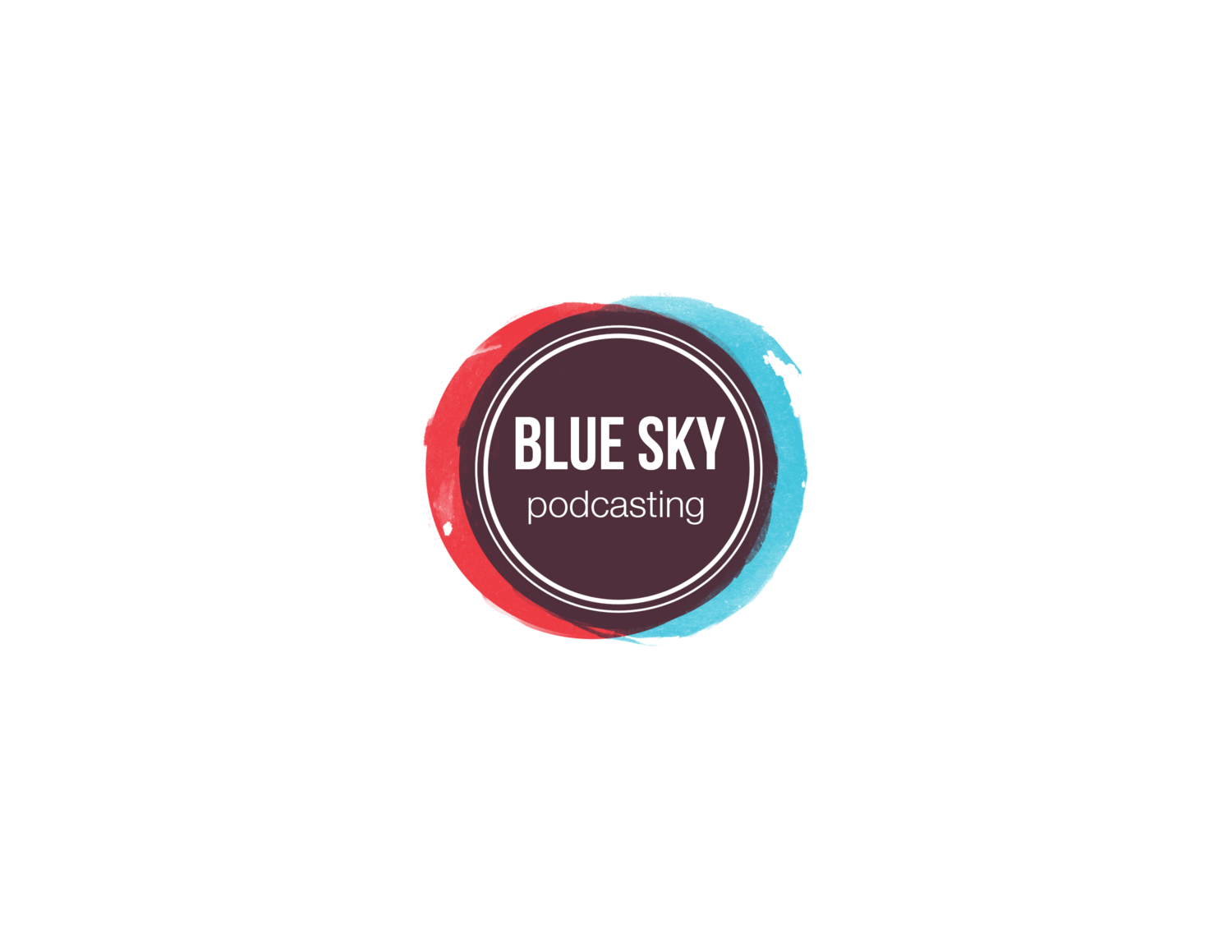You may have noticed that more and more podcasts are gravitating to a seasonal approach. One of my favorites, Michael Hyatt’s This is Your Life, was one of the first podcasts to move to seasons. If your podcast is narrative-based, this concept may make a lot of sense. But if your content is centered on your business and expertise, this shift could be harder to wrap your mind around. So far, I’ve seen several benefits of doing a podcast this way, and here are a few of them:
- You can approach a season with some type of theme, almost like a miniseries.
- You have a clear and definitive time to readjust the show structure, change the format of intros and outros, and even change ad sponsorship—that way, you get commitments through the season.
- You have an easy entry point. New listeners can sometimes feel a bit overwhelmed when they start listening at later episodes, but with this approach, newcomers don’t feel like they have to binge listen before they join in. (I did this with LOST back in the day. I started watching at Season 3, and I didn’t lose any sleep over it. Although, I’m still not sure how they got on the island. jk)
- You have an easy re-entry point. Old listeners who may have stopped listening can come back without feeling like they’ve missed too much. Over holidays I get busy sometimes and look back at a podcast in January to see I’ve missed 4 episodes. I hate missing stuff. That stresses me the freak out.
- You can batch process production. You could spend 2-3 days producing an entire season and work on the other elements of the next season in the meantime.
This style is not without drawbacks. Here are a few of them:
- You can lose listeners. As easy as it is for listeners to jump on in Season 2, it is equally easy for them to fall off between seasons if you take a break. I advise going straight from Season 1 into Season 2, without altering release frequency.
- You don’t have time for batch processing production. It can be difficult to set aside massive amounts of time to produce a lot of content at once. When you produce a monthly or weekly show, it gives you some time to breathe and adjust.
- You lose the opportunity to improve. I feel like I’m getting better at interviewing and producing my podcast as I go from episode to episode. However, when you do everything at once, take a big break and then come back sometime later, you don’t necessarily reap the benefits of craft growth
Pragmatically, I feel like adding seasons to your podcast can be super helpful, but I’m not sure you should change your general approach to production or release frequency. The benefit is more in how you organize the podcast for yourself and your listeners.
